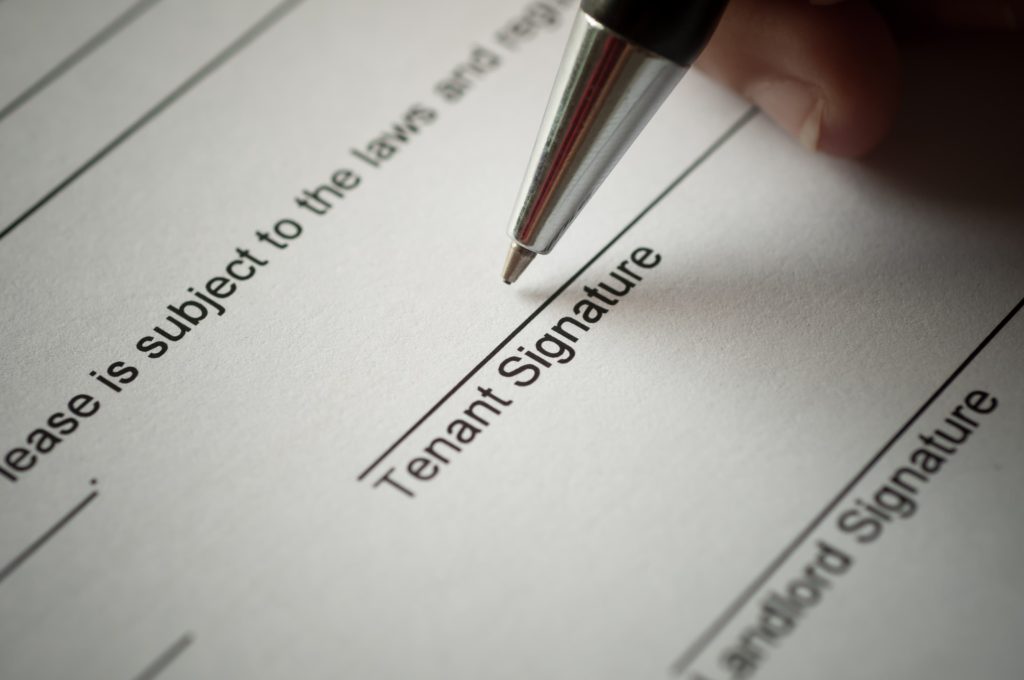Whether you are a landlord looking for your ideal tenants, or you are a tenant seeking the perfect property, the rules and regulations can sometimes be quite overwhelming. We have devised a list of helpful rules and regulations to support your Tenancy Agreements, including your rights as a landlord, and what should be expected from tenants. To begin with, there is often confusion surrounding the correct and incorrect terms associated with property investment, and to what the owner and landlord can and should do. By following the basic rules set out below, you should be able to avoid some of these pitfalls.
Assured Shorthold Tenancy (AST)
An Assured Shorthold Tenancy entitles the landlord to a possession order immediately after the initial agreed period, which is usually six months. After the initial fixed term, the landlord is then able to evict or give notice to the tenant without a legal reason.
Private Rentals
For private rentals, the most common type of tenancy in England is an AST (as aforementioned). These tenancies usually begin as ‘fixed-term tenancies’, where the duration is defined from the outset. This is typically anywhere between 6 months to 3 years and mutually agreed between the landlord and the tenant. Despite its name, AST does not have to be particularly short. Since 1997, it can be for as long as the landlord wishes to grant. Neither is there a minimum term, although the tenant does have the right to remain at the property for at least 6 months.

Ending A Tenancy Agreement Early
A landlord can only end a tenancy before the fixed term is up if the tenant has breached the tenancy agreement. If this has happened, then the landlord must make an application to a court for possession. Without a valid notice, a landlord will not get possession. It is often better to resolve these issues without having to get a court order, but unfortunately, this is not always possible. A landlord must give at least 90 days’ written notice to end the tenancy but can give less time (at least 42 days’ notice) in certain circumstances. If a landlord gives the tenant notice to end the tenancy and the tenant would like to move out sooner, the tenant must still give the landlord 21 days’ written notice before doing so.
Tenants May Refuse a Landlord Entry
Tenants can refuse the entry of a landlord if they have not given proper notice to enter. However, the law also requires that tenants must make the unit available for entry when necessary for inspection or repairs.
Generally speaking, the list above covers a majority of the basic rules. These rules will apply to both short-term and longer-term tenancies. For the advantages and disadvantages of either of these, please refer to our other articles here and here.



